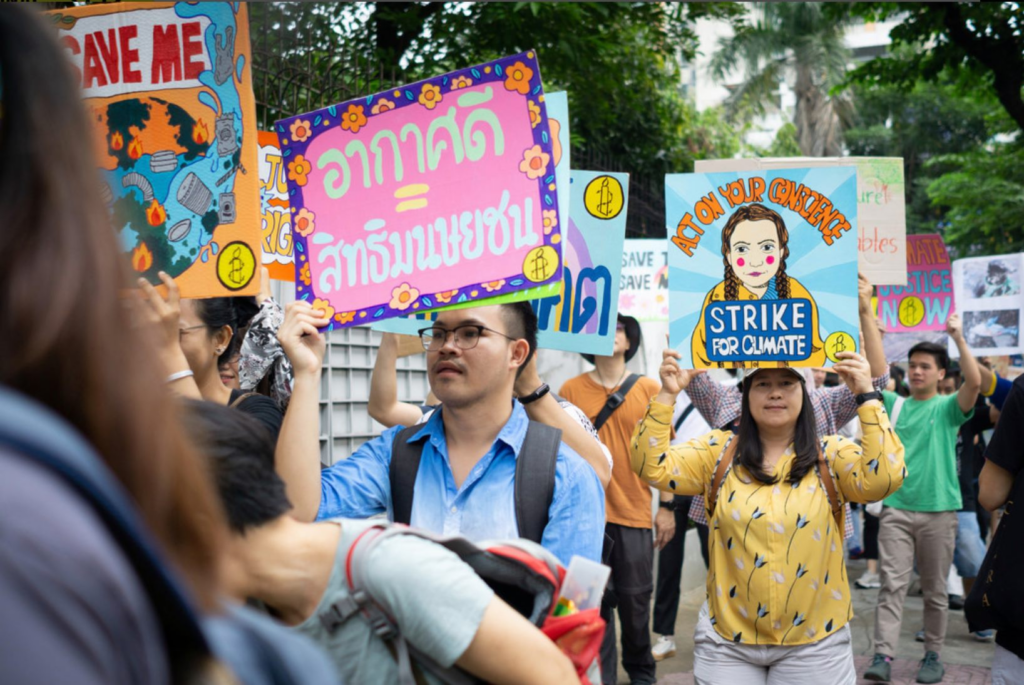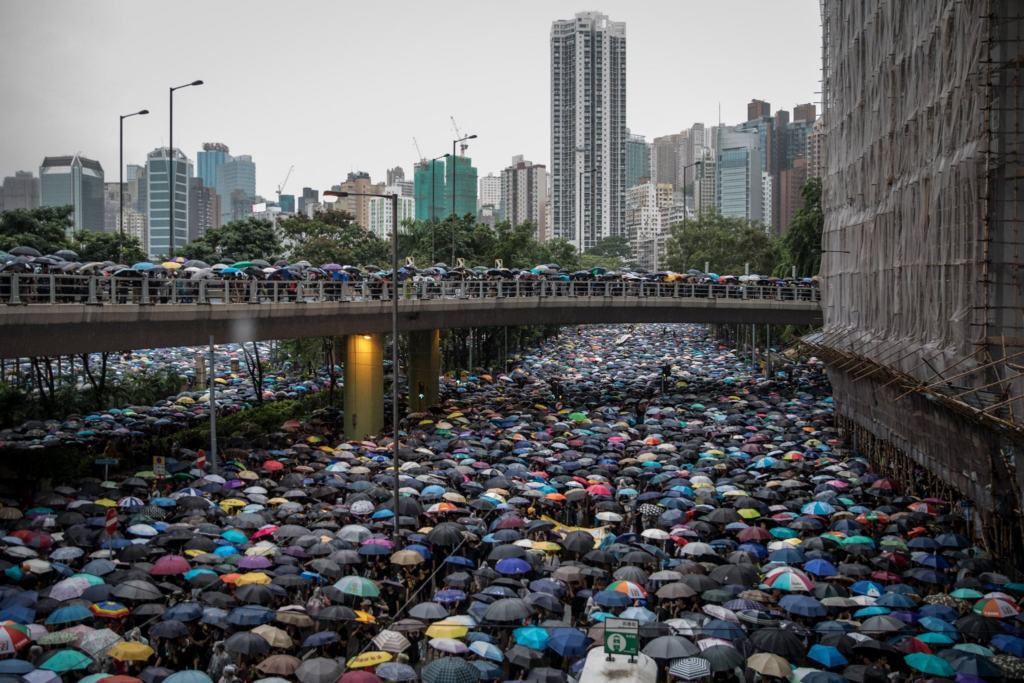Overview
“The freedoms of peaceful assembly and association are not cultural or specific to a particular place or time. They are born from our common human heritage. It is human nature – and human necessity – that people come together to collectively pursue their interests.”
– Former UN Special Rapporteur, Maina Kiai
Assemblies—whether political protests, cultural parades, online gatherings, or some other form as the platforms to advocate for change and raise awareness about the issues that matter to them such as human rights, socio-economic rights, or any other issue. The freedom to assemble peacefully is a fundamental right protected by international, regional, national, and even local legal instruments despite states that should enable and protect the exercise of this fundamental right by various means, including supportive legal frameworks.
Freedom of peaceful assembly is a fundamental human right that can be enjoyed and exercised by individuals and groups. The protection of the freedom to peacefully assemble is crucial to creating a tolerant and pluralist society following the diverse identities while freedom of peaceful assembly also has been recognized as one of the foundations of a functioning democracy to ensure all people in a society have the opportunity to express opinions between civil society, political leaders and government.

Moreover, it is complemented by other rights and freedoms such as freedom of association, the right to establish and maintain contacts, freedom of expression, and freedom of thought, conscience, and religion. As such, freedom of assembly is of fundamental importance for the personal development, dignity, and fulfillment of every individual and the progress and welfare of society. In addition to the ability to freely assemble, the role of the authorities is not to remove the cause of tension by eliminating pluralism, but to ensure that the competing groups tolerate each other.
Restrictions on Freedom of Assembly
States have a responsibility to ensure that the right to freedom of assembly is protected, especially when those who assemble protest against public policies and challenge the State. The right to peacefully assemble comprises the right to freely choose the location and the timing of the assembly, including public streets, roads, and squares while the right to assemble online must also be fully guaranteed.

(Photo by Chris McGrath/Getty Images)
The regulatory authorities must not raise obstacles to freedom of assembly neither a hypothetical risk of public disorder, nor the presence of a hostile audience are legitimate grounds for prohibiting a peaceful assembly. As a demonstration, the assemblies which held outside daylight hours or the use of moving vehicular should provide an extra precautionary measure that generally is preferred over restriction despite the state has a duty to protect public safety, and under no circumstances should this duty be assigned or delegated to the organiser of an assembly.
In the rare instances in which health might be an appropriate basis for restricting one or more public assemblies, those restrictions should not be imposed unless other similar concentrations of individuals are also restricted. Thus, before a restriction may be justified based on the need to protect public health, similar restrictions should also have been applied to attendance at school, concerts, sports events, and other such activities where people ordinarily gather. Restrictions might also be justified on occasion where the health of participants in an assembly becomes seriously compromised such as a COVID-19 pandemic and reasoning should not be relied upon by the authorities to pre-emptively break-up peaceful assemblies. The regulatory authority has a duty to strike a proper balance between the important freedom to peacefully assemble and the competing rights of those who live, work, shop, trade and carry on business in the locality affected by an assembly. That balance should ensure that other activities taking place in the same space may also proceed if they themselves do not impose unreasonable burdens.
Recommendations
States have a responsibility to ensure that the right to freedom of assembly is protected, especially when those who assemble protest against public policies and challenge the State. The right to peacefully assemble comprises the right to freely choose the location and the timing of the assembly, including public streets, roads, and squares while the right to assemble online must also be fully guaranteed.
As a fundamental right, freedom of peaceful assembly should be enjoyed without regulation. Anything not expressly forbidden in law should be presumed to be permissible and those wishing to assemble should not be required to obtain permission to do so. A presumption in favor of freedom should be clearly and explicitly established in law. It is the primary responsibility of the State to put in place adequate mechanisms and procedures to ensure that the freedom is practically enjoyed by facilitating and protecting public assemblies at the organizer’s preferred location, and should also ensure that efforts to disseminate information to publicize forthcoming assemblies are not impeded.
The least intrusive means of achieving the legitimate objective being pursued by the authorities should always be given preference. The principle of proportionality requires that authorities do not routinely impose restrictions which would fundamentally alter the character of an event, such as relocating assemblies to less central areas of a city. A blanket application of legal restrictions tends to be over-inclusive and will thus fail the proportionality test because no consideration has been given to the specific circumstances of the case.
Freedom of peaceful assembly is to be enjoyed equally by everyone. In regulating freedom of assembly, the relevant authorities must not discriminate against any individual or group on any ground. The regulatory authorities must comply with their legal obligations, and should be accountable for any failure – procedural or substantive – to do so. Liability should be gauged according to the relevant principles of administrative law and judicial review concerning the misuse of public power.

